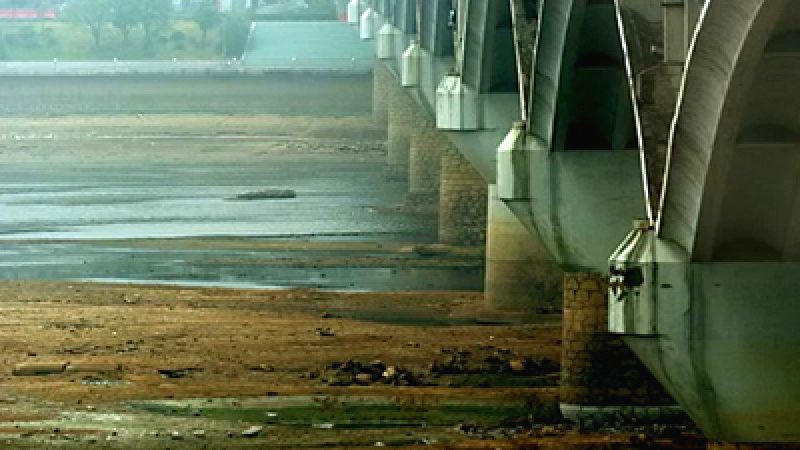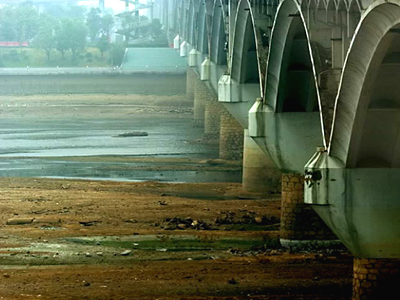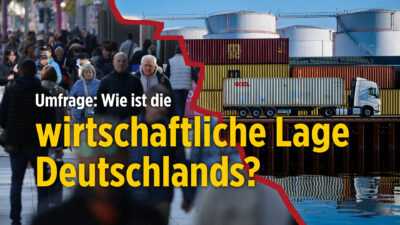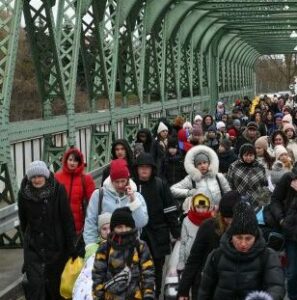
China: Landslides Triggered by Filling of Three Gorges Dam

On September 15th, China’s State Council gave the green light to fill the Three Gorges Dam situated along the Yangtze River in central Hubei Province. China’s state media reports the dam, originally at 478 feet, will peak at 574 feet in November.
In the city of Chongqing, the influx of water into the dam has caused mountainous areas to become unstable.
China’s Liaowang Weekly Magazine reported that on October 16th, residents from Quchi Town in Wushan Prefecture received evacuation warnings to move to higher grounds. Three days earlier, a survey of local land found that 1.08 billion cubic feet of old landslide bodies—land formed from previous landslides—are becoming destabilized by the rising water. Over 35 million cubic feet of that land near the river has already begun to move.
Last year, the same experiment to fill the Three Gorges Dam was stopped at 566 feet, after nearby land began to weaken.
Water expert Professor Wang Weiluo tells Sound of Hope Radio that the dam also poses another hidden danger:
[Prof. Wang Weiluo, Water Expert]:
“According to research done by the U.N. on dam-triggered earthquakes, a major cause of such earthquakes is the water level of the dam. The higher that water level is, the more likely that the increased water pressure will push water into the rocks. An earthquake triggered by the Three Gorges Dam project can be as big as 6.5 on the Richter scale.”
Since work began on the Three Gorges Dam in 1993, the project has been a source of controversy. Aside from environmental and human costs, it’s been criticized for damaging China’s local ecological and cultural heritage.
 (NTDTV)
(NTDTV)




























vielen Dank, dass Sie unseren Kommentar-Bereich nutzen.
Bitte verzichten Sie auf Unterstellungen, Schimpfworte, aggressive Formulierungen und Werbe-Links. Solche Kommentare werden wir nicht veröffentlichen. Dies umfasst ebenso abschweifende Kommentare, die keinen konkreten Bezug zum jeweiligen Artikel haben. Viele Kommentare waren bisher schon anregend und auf die Themen bezogen. Wir bitten Sie um eine Qualität, die den Artikeln entspricht, so haben wir alle etwas davon.
Da wir die Verantwortung für jeden veröffentlichten Kommentar tragen, geben wir Kommentare erst nach einer Prüfung frei. Je nach Aufkommen kann es deswegen zu zeitlichen Verzögerungen kommen.
Ihre Epoch Times - Redaktion